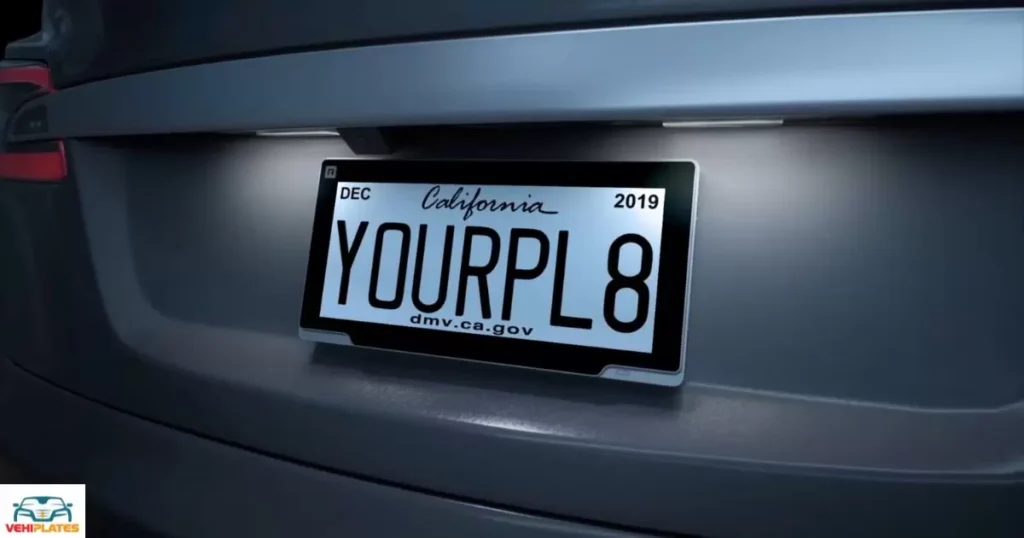Have you ever wondered if someone could track down your home address just by knowing your license plate number? It’s a common question, fueled by concerns about privacy and security. While it might seem like something out of a spy movie, the reality is more complex. This article will delve into the possibilities and limitations of finding an address from a license plate, exploring the databases, legal frameworks, and privacy considerations involved.
We’ll examine how certain resources might contain this information, the legal requirements for accessing it, and most importantly, the steps you can take to safeguard your personal details.
Can Someone Find Your Address From a License Plate?
The short answer is: it depends. While there isn’t a simple online search engine dedicated to linking license plates to addresses, certain databases and resources might contain this information. These databases are often used by law enforcement agencies, insurance companies, or private investigators for legitimate purposes. However, accessing this data typically requires legal authorization or specific circumstances.
It’s important to understand that simply knowing someone’s license plate number doesn’t automatically grant access to their address. There are multiple layers of security and regulations in place to protect personal information.
Databases and Resources
Several databases and resources could potentially contain information linking a license plate to an address. These include:
- DMV Records: Most state Departments of Motor Vehicles (DMVs) maintain databases that link vehicle registration information, including the owner’s name and address, to license plates. However, accessing this data is usually restricted to authorized individuals or agencies.
Law Enforcement Databases: Police departments and other law enforcement agencies often have access to comprehensive databases containing vehicle registration information, which may include addresses. This information is typically used for investigations or traffic enforcement purposes.
Private Investigator Databases: Some private investigators subscribe to specialized databases that compile public records, including vehicle registration information. These databases can be used for various purposes, such as locating individuals or conducting background checks.
- Online Public Records Search Engines: While not always reliable, some online platforms claim to offer access to public records, including vehicle registration information. However, the accuracy and legality of these services can vary widely.
Legal Authorization
Accessing someone’s address from their license plate typically requires legal authorization or a legitimate reason. For example:
- Law Enforcement Investigations: Police officers may obtain a warrant to access DMV records or other databases if they have probable cause to believe that a vehicle is involved in a crime.
- Insurance Claims: Insurance companies may request vehicle registration information from the DMV to verify coverage or investigate claims.
- Civil Litigation: In legal proceedings, parties may subpoena DMV records or other relevant documents to gather evidence.
It’s important to note that unauthorized access to personal information is illegal and can result in serious consequences.
Privacy Concerns
The potential for someone to find your address from your license plate raises significant privacy concerns. Sharing this information publicly or carelessly could expose you to:
- Identity Theft: Knowing your address, combined with other personal details, could make it easier for criminals to steal your identity and commit fraud.
- Stalking and Harassment: Individuals with malicious intent could use your address to track your movements or harass you.
- Targeted Advertising: Companies may use your address to send you unsolicited marketing materials or target you with personalized advertising.
Protecting Personal Information
While it’s impossible to completely eliminate the risk of someone finding your address from your license plate, there are steps you can take to minimize this risk:
- Be Cautious About Sharing Information: Avoid sharing your license plate number publicly or with untrusted individuals.
- Review Your Privacy Settings: Regularly check your privacy settings on social media platforms and other online accounts to limit the amount of personal information you share.
- Use a Secure Email Provider: Encrypt your emails and use a reputable email provider that prioritizes security.
- Consider a PO Box: If you’re concerned about receiving unwanted mail or packages, consider using a PO box for your correspondence.
Conclusion
The ability to find someone’s address from their license plate is a complex issue with both legal and ethical implications. While certain databases and resources might contain this information, accessing it typically requires legal authorization or specific circumstances. Protecting your personal information is crucial, so be cautious about sharing sensitive details publicly and take steps to minimize the risk of unauthorized access to your address.



